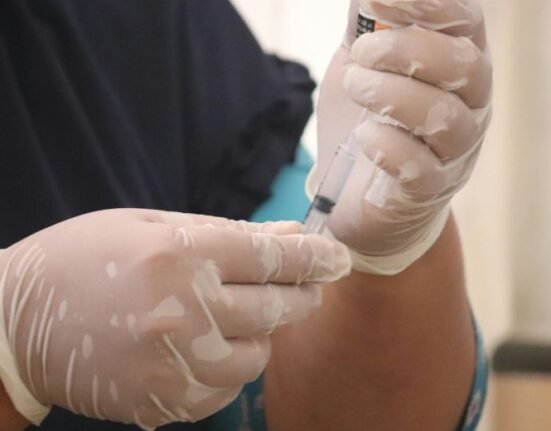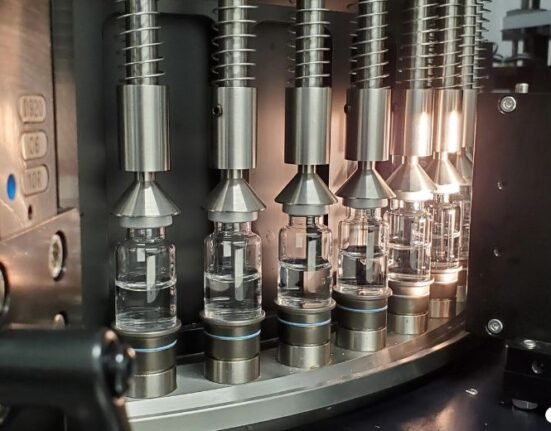HQ Team
April 17, 2025: Sanofi S.A.’s drug, at its highest dose, has failed to meet its targeted reduction in the yearly rate of worsening episodes in adults with moderate-to-severe asthma, according to a statement.
The Paris-headquartered company’s medium dose of amlitelimab showed a small or nominal statistically significant effect in reducing worsening episodes or exacerbations at week 60 during mid-stage trials compared to the placebo, according to the company statement.
“Numerically greater” reduction in exacerbations was observed in the high-dose group during the same period. The trial was conducted on 437 patients.
The strongest dose did not work as well as hoped to reduce flare-ups over a year, but the medium dose showed some positive effects, though not very strong or definitive.
Sanofi got amlitelimab as part of its $1.1 billion acquisition of Kymad in 2021.
Patent expiry
The company’s main drug, Dupixent’s, patents are set to expire in 2025, with some expiring later in 2029 and 2031. One reported patent is slated to expire on October 27, 2029.
However, the study “demonstrates amlitelimab’s compelling efficacy in heterogeneous inflammatory asthma, potentially representing a breakthrough for this underserved patient population if observed in later studies.”
“The study also demonstrated a nominally significant and clinically meaningful improvement in secondary endpoints of lung function and asthma control.”
An end-stage trial is being planned but the company hasn’t fixed a date or period for it.
OX40-Ligand
Amlitelimab is a lab-made antibody medicine that blocks a specific part of the immune system called OX40-Ligand, which helps control inflammation.
It does not destroy T cells. Because of how it works, amlitelimab could become one of the best or first treatments for several diseases where the immune system is overactive, such as eczema, asthma, and other inflammatory conditions.
Amlitelimab is currently under clinical investigation, and its safety and efficacy have not been evaluated by any regulatory authority.
Houman Ashrafian, Executive Vice President, Head of Research & Development of Sanofi said amlitelimab showed potential as an “effective, long-acting medicine, including in patients with moderate-to-severe heterogenous inflammation.”
“If the preliminary effect we have seen is confirmed in phase 3 studies, amlitelimab could become a differentiated treatment option in asthma. These data validate our strategy to advance innovative science and provide new solutions for patients with challenging-to-treat respiratory diseases.”
Restore immune balance
Amlitelimab has a unique non-depleting mechanism of action targeting OX40-Ligand with the potential to durably restore immune balance, with a sustained effect and infrequent dosing.
In the mid-stage study, patients were treated every four weeks for the first 24 weeks and every 12 weeks for the remaining 36 weeks. The durable efficacy shown by amlitelimab through 60 weeks of treatment supports a quarterly maintenance dosing schedule.
The safety profile was consistent with previous studies across indications, with no new safety signals identified throughout the 60-week treatment period.
The incidence of treatment-emergent adverse effects or treatment discontinuation was similar between the amlitelimab and the dummy groups.
Chronic obstructive pulmonary disease
The most frequent effects were COVID-19, bronchitis, acute sinusitis and headache. All were mild-to-moderate in severity and all non-serious.
Sanofi is working on another drug Lunsekimig for use in chronic obstructive pulmonary disease (COPD). Lunsekimig now targets chronic rhinosinusitis and COPD in addition to asthma. Final results of the trial for COPD are expected this year and mid-stage results in bronchiectasis in 2026.
Lunsekimig is also being explored in a broad population of asthma patients, regardless of their inflammation and severity status.
Sanofi in partnership with Regeneron, is exploring itepekimab, a fully human monoclonal antibody that binds to and inhibits IL33, an initiator and amplifier of broad inflammation in respiratory diseases.








